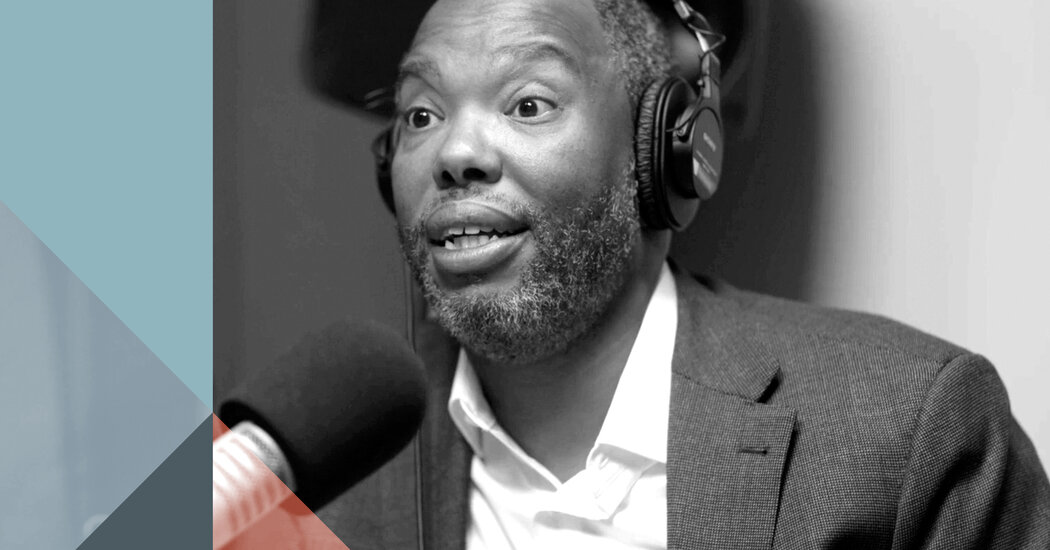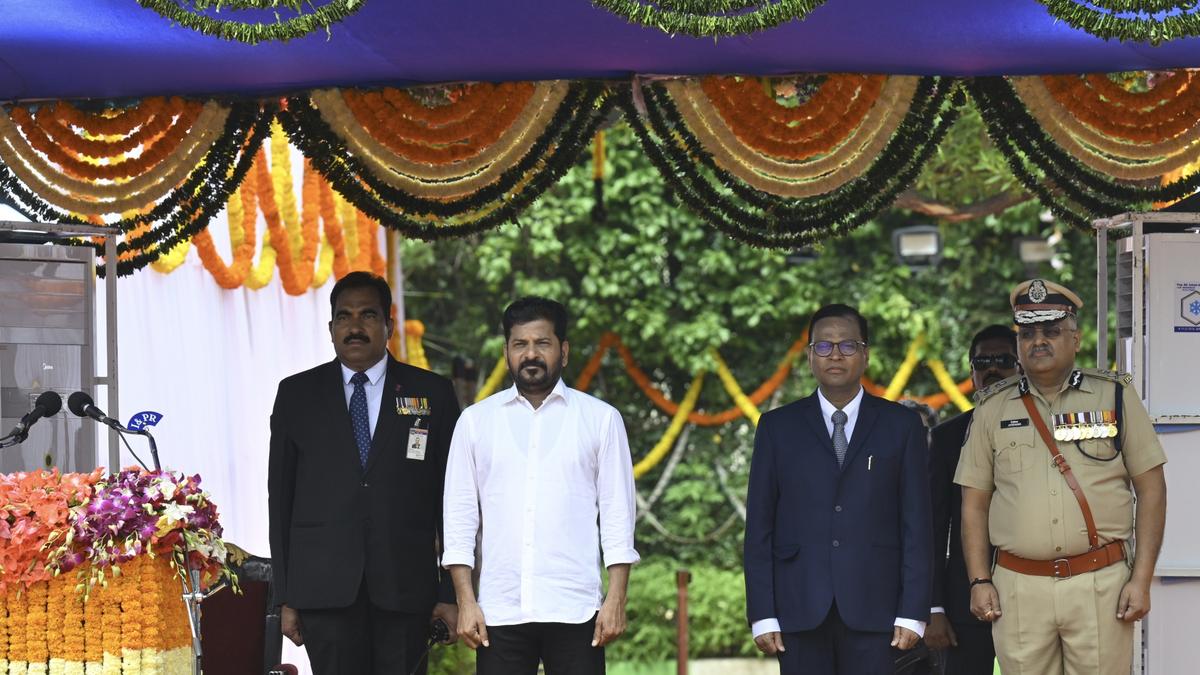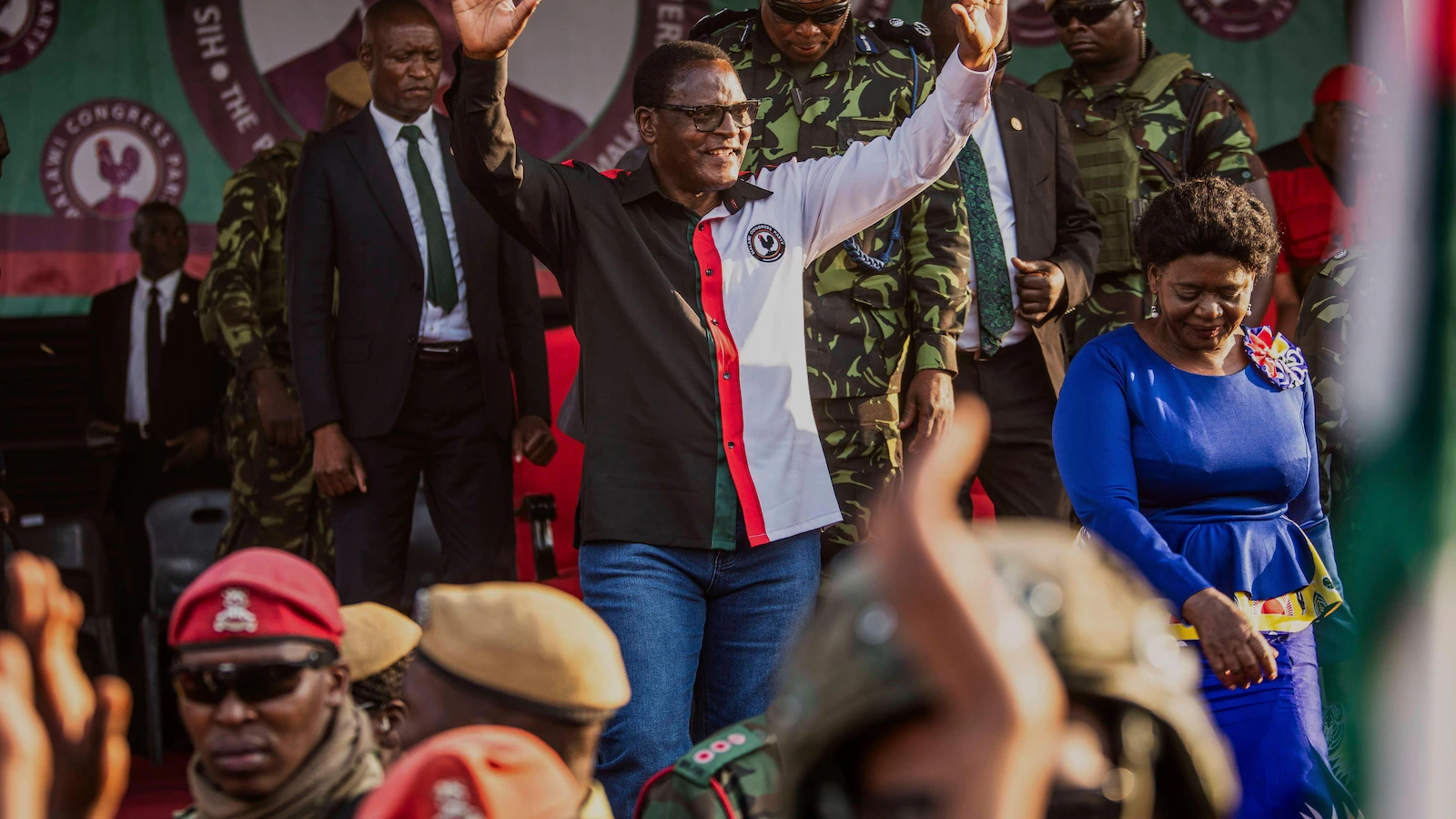
This is an edited transcript of an episode of “The Ezra Klein Show.” You can listen to the conversation by following or subscribing to the show on the NYT App, Apple, Spotify, Amazon Music, YouTube, iHeartRadio or wherever you get your podcasts.
There are two things that are true about what President Donald Trump said at Charlie Kirk’s memorial service.
Archived clip of Donald Trump: He did not hate his opponents; he wanted the best for them. That’s where I disagreed with Charlie.
One is that it’s frightening to see the president of the United States talk this way about his political foes.
Archived clip of Trump: I hate my opponent. And I don’t want what’s best for them. I’m sorry. I’m sorry, Erika.
The other is that it’s also an opportunity: I don’t think that is a strong politics. I think there are opportunities in countering it, and it will need to be countered.
For me, one of the central questions animating the show this year — and that has been animating it since the election — is: How did we get here? How did we let these people get back into power? What went wrong in our approach to politics that we ended up here?
This has been a conversation I’ve been engaged in since Charlie Kirk’s murder. And I wanted to have it with somebody who has maybe not liked how I’ve been approaching it.
Ta-Nehisi Coates is a writer I admire — somebody I have a genuine friendship with. In the days after Kirk’s murder, he published a piece in Vanity Fair that was pretty harshly critical of what I had written and what he saw as a whitewashing of this man’s legacy and role in politics. Coates compared what I was doing there to the whitewashing of the Southern cause after the Civil War.
I think it would be the height of hypocrisy for me to say that we need to reach across divides and disagreement — but then not talk across my own. So I wanted to talk to Ta-Nehisi about the piece and the aftermath of Kirk’s murder — but also about a disagreement, or question, that I think is about more than Kirk: There’s something very unsettled in the broad coalition of the left around the work of politics, around who we talk to and when and how. When is that work moral? When is it necessary? When is it a betrayal?
Thank you for your patience while we verify access. If you are in Reader mode please exit and log into your Times account, or subscribe for all of The Times.
Thank you for your patience while we verify access.
Already a subscriber? Log in.
Want all of The Times? Subscribe.



